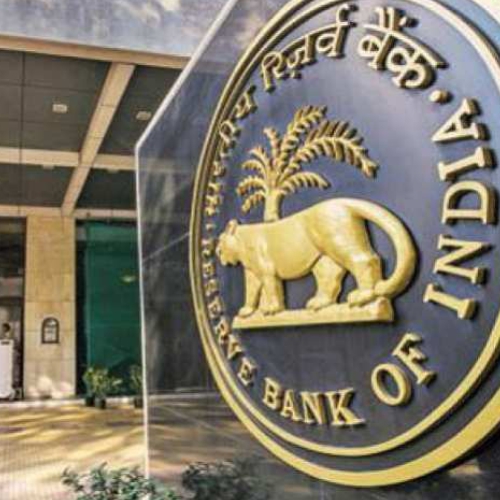Mumbai, April 27 (ANI): The Reserve Bank of India (RBI) on Monday decided to open a special liquidity facility for mutual funds of Rs 50,000 crore in a bid to arrest redemptions in the asset management industry after last week’s collapse of six debt schemes of Franklin Templeton India.
Credit markets in India have been under pressure even before the coronavirus pandemic. “With a view to easing liquidity pressures on mutual funds, it has been decided to open a special liquidity facility for mutual funds of Rs 50,000 crore,” said the central bank in a statement. “Heightened volatility in capital markets in reaction to COVID-19 has imposed liquidity strains on mutual funds which have intensified in the wake of redemption pressures related to the closure of some debt mutual funds and potential contagious effects therefrom,” it said adding the stress is confined to the high-risk debt mutual fund segment at this stage and the larger industry remains liquid.
The RBI said it remains vigilant and will take whatever steps are necessary to mitigate the economic impact of COVID-19 and preserve financial stability. Under the special liquidity facility for mutual funds, the RBI will conduct repo operations of 90 days tenor at the fixed repo rate. The facility is on-tap and open-ended, and banks can submit their bids to avail funding on any day from Monday to Friday (excluding holidays).
The scheme is available from April 27 till May 11 or up to utilisation of the allocated amount whichever is earlier. The RBI said it will review the timeline and amount depending upon market conditions. Funds availed under the facility will be used by banks exclusively for meeting the liquidity requirements of mutual funds by extending loans and undertaking the outright purchase of and repos against the collateral of investment-grade corporate bonds, commercial papers, debentures and certificates of deposit held by mutual funds.
Liquidity support availed under the facility will be eligible to be classified as held to maturity even in excess of 25 per cent of total investment permitted to be included in the held to maturity portfolio. Exposures under this facility will not be reckoned under the large exposure framework.
The face value of securities acquired under the facility and kept in the held to maturity category will not be reckoned for computation of adjusted non-food bank credit for the purpose of determining priority sector targets or sub-targets. Support extended to mutual funds under the facility will be exempted from banks’ capital market exposure limits.
Meanwhile, former Finance Minister P Chidambaram welcomed the RBI’s decision. “I am glad that RBI has taken note of the concerns expressed two days ago and requesting prompt action,” he tweeted.












